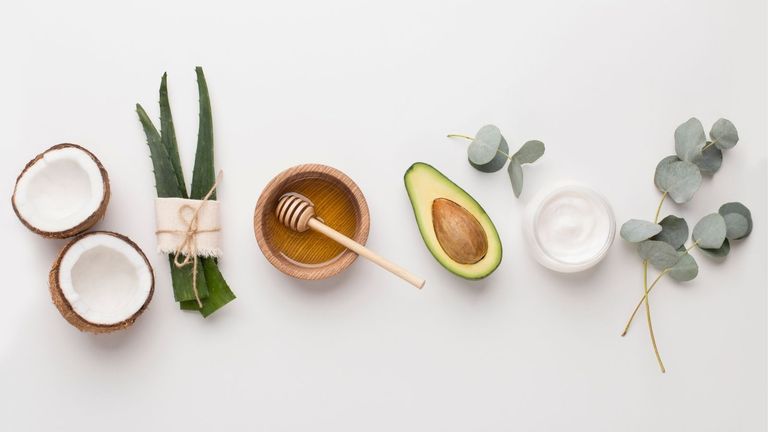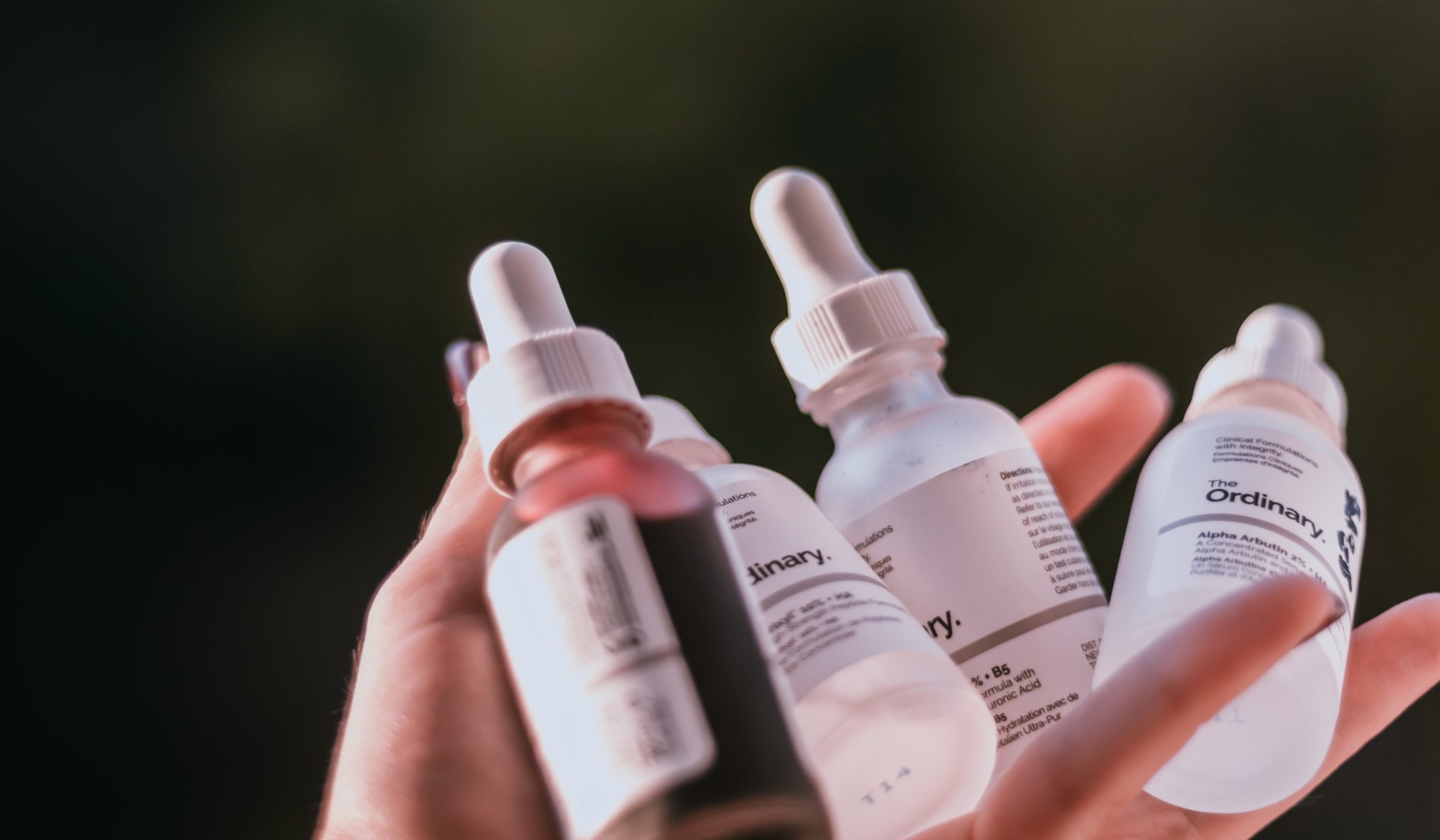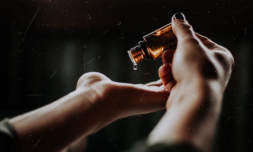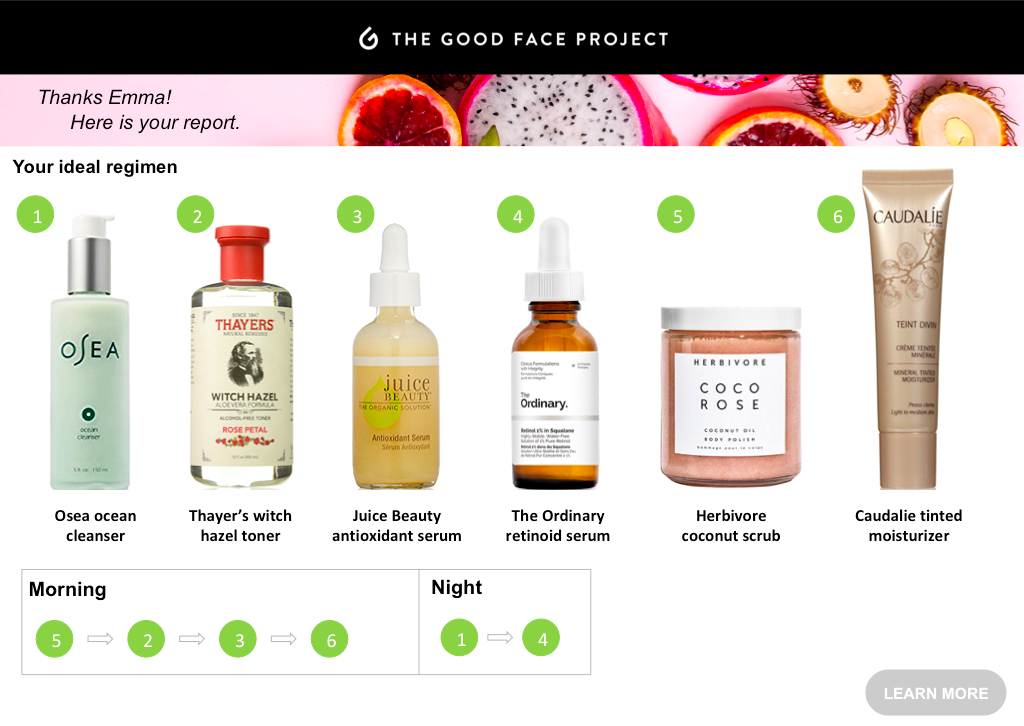Life in isolation has provided us with time to reconsider our priorities when it comes to buying cosmetics and skincare. It seems we no longer care what the box says, rather what the product inside actually contains.
If you’re partial to experimenting with makeup, or spent lockdown perfecting the ultimate skincare routine, likelihood is you’ve been swayed by aesthetic packaging or brand advertising at one point or another when buying these kinds of products.
I say this speaking from experience, an aficionado myself of the ongoing hype surrounding Gen Z favourites such as Glossier, The Ordinary, and Fenty.
However, isolation not only encouraged me to pause my regular habit of caking my face in whatever ‘natural’ lotions and potions I’d seen trending on Instagram that day, but also allowed me to reconsider my priorities in terms of what I actually wanted to be using. It seems I was not alone.
Clean beauty truly hit the mainstream during the pandemic, alongside a wider demand for improved transparency from supposedly ‘planet-positive’ companies (when in reality we know it’s just greenwashing).

Today, green, preservative and cruelty-free alternatives to regular bathroom items are booming in popularity.
So much so that 58% of women in the US now look out for these components when shopping and conscious consumers everywhere have begun favouring ingredients – namely those which are less polluting and gentler on our complexions – over reputation.
This is as they continue to educate themselves about skin science and come to realise that a specific brand’s name doesn’t necessarily indicate quality in 2022.
‘We saw searches for ingredients start to climb rapidly last year, particularly within the skincare category, growing over 229 per cent,’ says Rachel Horsefield, chief executive of The Hut Group, who adds that consumers today can quickly become ‘skintellectuals’ thanks to the internet.

‘They’re seeking actives that do a specific job. Rather than having one super cream that promises to do a lot, they’re personalising their skincare regimen with the specific products they need.’



















